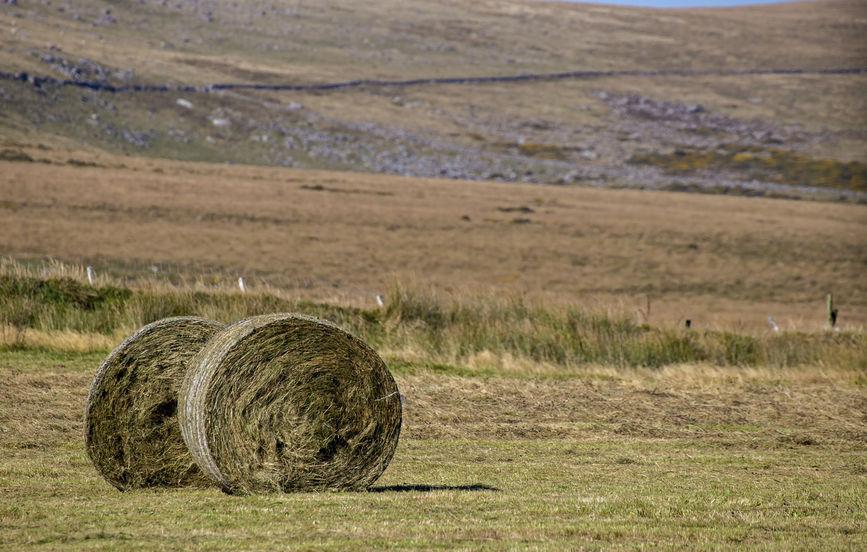
A government strategy urging a low-carbon future has called for a bigger forest network in rural areas, a new system of agricultural support and better farm technologies.
The long-awaited Clean Growth Strategy, published on Thursday (12 October) sets out how the government wants to lead the way towards a low carbon future.
It sets out what policies the government aims to use to cut greenhouse gas emissions by 57 per cent over the next 15 years.
The strategy includes funding to enhance the benefits and value of natural resources by establishing a new network of forests in England such as new woodland on farmland, and for larger-scale woodland and forest creation.
The strategy also says that as the UK leaves the EU, designing a new system of future agricultural support to focus on delivering better environmental outcomes, including addressing climate change more directly, is a must.
To support greater productivity of agricultural land, the report states that increasing carbon storage through fertilising crops more effectively is needed.
It also suggests the development of new animal and plant breeding technologies, precision farming technologies on smaller scale farms, and developing robotics and new sensor technologies.
The report applauds the agricultural industry for making a shift in resource efficiency.
It says: "Since 1990 emissions from producing a kilogram of pork have decreased by 30 per cent and by 16 per cent for a litre of milk. Many of our farms are using more efficient agricultural practices, for example improving crop nutrient and crop health management."
'Enormous contribution'
Rural organisation the CLA has welcomed the commitment by the government, in particular the need to plant more forests on farms.
CLA Forestry and Woodlands Adviser Mike Seville: “Forestry and woodlands make an enormous contribution to our countryside, helping to clean the air we breathe and prevent flooding.
“We welcome the commitment the Government has shown in this strategy to develop a new support system for food, farming and the environment which recognises the value of trees and the public benefits they bring.
“The CLA has proposed a Land Management Contract as a way to support any farmer or forester who chooses to manage land in a way that delivers better environmental outcomes, from improvements in soil quality to planting trees, in return for a financial reward based on what they contribute, not the amount of land they own.
“We have long advocated unlocking investment in the forestry and woodlands industry. The funding boost to create more on-farm woodland will produce new opportunities such as encouraging the use of timber framed housing in UK construction,” Mr Seville said.
The CLA is one of three rural organisations to have joined forces to call for “an ambitious uplift in the area of woodland cover in the UK” after Brexit.
